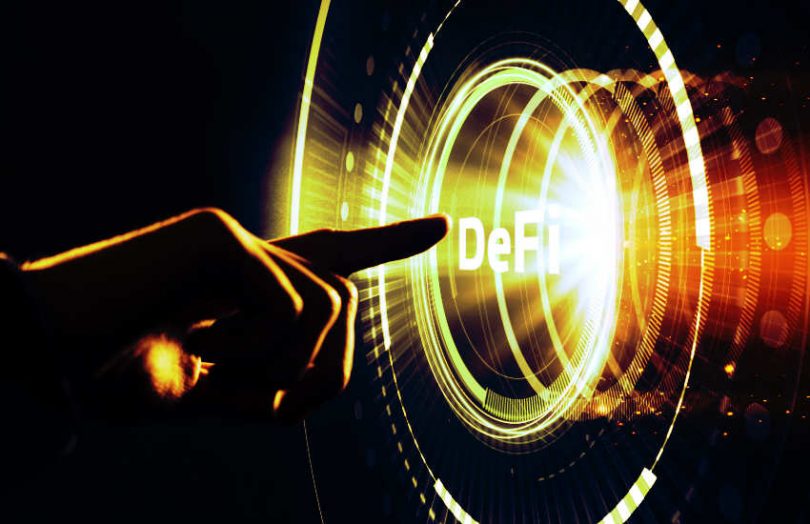The Association for Financial Markets in Europe (AFME) published a paper on Decentralized Finance (DeFi). With the EU’s recent adoption of Markets in Crypto Asset (MiCA) regulations, DeFi was largely omitted. The paper includes suggestions from AFME regarding potential regulatory approaches.
It acknowledges that DeFi operating within the regulatory perimeter could achieve broader adoption in future.
“Current DeFi efforts can be seen as outsourced innovation and research and development (R&D) labs for the formal financial system,” says the paper.
With DeFi encroaching on lending and exchanges, incumbents are keen to see a level regulatory field. At the same time, they’d also like to use DeFi technology and would like legal clarity where private permissioned blockchains are used.
They suggest using significant chunks of existing legal frameworks, but clearly DeFi is a bit different.
As a first step there’s a need for a new taxonomy to classify various aspects of DeFi, and some are provided by AFME. For example, it defines DeFi lending and DeFi exchanges.
More interestingly, it looks at the classification of smart contracts based on the degree of decentralization. One type is decentralized in name only (DINO). Unsurprisingly they believe these should be subject to existing regulations. Another is governed by Decentralized Autonomous Organisations (DAO) and in many cases AFME sees this as similar to DINO smart contracts. However, some DAOs are truly decentralized with anonymous participants, and they need a different treatment. One avenue is potentially to require DAOs to incorporate.
The paper explores some of the many challenges presented by DeFi, such as the jurisdiction involved when the counterparty is a smart contract.
These cross jurisdictional issues are some of the hardest, and AFME urges further research and global cooperation to address these challenges.






